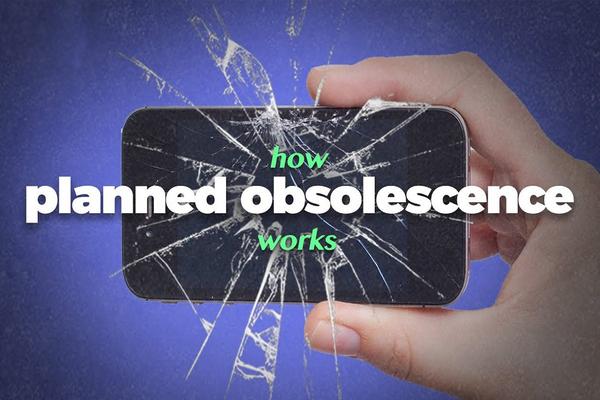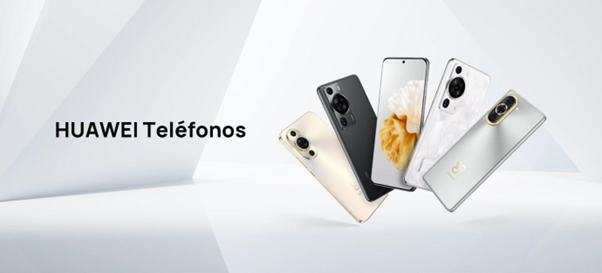Have you ever replaced a light bulb just to find yourself at the hardware store one year later, needing to replace it again? Wouldn’t it be great if you could buy a light bulb such as the Centennial Light, currently residing in the Livermore fire department, which has sat aglow for the past 120 years without ever getting switched off? While “modern” light bulbs are rated for roughly 25,000 hours, the Centennial Light has reached above a staggering 1,000,000 hours of usage. Clearly, the age-old adage, “they don’t make them how they used to,” rings true, and we have a certain business tactic to blame. Planned obsolescence is a strategy employed by companies to drive up sales. Products are specifically designed to become obsolete after a certain time, forcing consumers to upgrade to the latest version.
Planned obsolescence takes four forms: contrived durability, software updates, perceived obsolescence and prevention of repair. In each case, the result of planned obsolescence is higher levels of electronic-waste. E-waste, often containing toxic substances, can leach toxins such as heavy metals into the groundwater, thereby negatively affecting the water supply. When exposed to heat, such as in illegal e-waste burning, e-waste becomes a major cause of air pollution and increased levels of air particulate matter. The various environmental effects associated with planned obsolescence and its consequent uptick in e-waste should greatly concern society as it puts the health of millions at risk. Here are a few common items most of us have probably purchased at one point in our lives where planned obsolescence may be observed.
Lightbulb
Previously alluded to above, the lightbulb is an early example of planned obsolescence. As the lightbulb became widely adopted, companies sought to increase sales by placing replacement costs upon the consumer. In the 1920s, a group of lightbulb manufacturers banded together to form the “Phoebus cartel,”
which colluded to artificially lower the lightbulb lifecycle. This worked particularly well because an oligopoly, a small number of light bulb producers, controlled the market which prevented any kind of competitors from disrupting the market.
iPhone
Year after year, like clockwork, Apple announces a new iPhone every September. Despite prices of top models surpassing the whopping $1,000 mark, some find it within their wallet to upgrade every year, treating the purchase like a subscription service despite minimal changes in design and technology from model to model. Others wait for multiple generations before buying the latest model, making sure there are more noticeable changes before breaking the bank. However, what if Apple was purposely slowing down old iPhone models to force those that wait to upgrade prematurely? This, in fact, was actually found to be the case when in 2017, a Reddit user by the name u/TeckFire, posted their findings regarding slowed-down processors in the Apple iPhone, which resulted in a $113 million dollar settlement.
Textbooks
We have all heard the story of the professor who mandates purchasing the latest edition of a textbook widely available online. Despite only minimal changes and slight tweaks in content, textbook companies still produce new editions of textbooks each year to effectively eliminate the demand for used textbooks. Imagine how many trees are cut down to support such a scheme! Not only is planned obsolescence in the textbook industry harmful to the environment, but it also places an unnecessary burden on students who may not be able to afford new textbooks.
From minefield to landfill, it is always a smart idea to consider the entire product lifecycle before making a purchase. The ideal product should be built by a company committed to lowering its environmental impact and increasing its sustainability.
Contact Adrian Fontao at [email protected].




